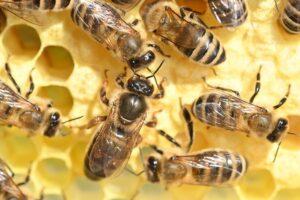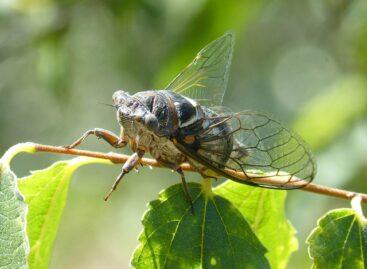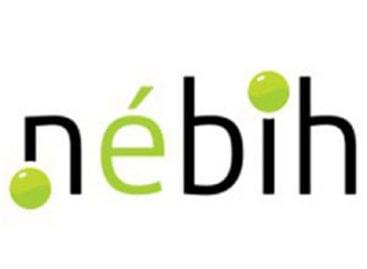Queen bees of unknown origin can be dangerous
The Pannonian bee breed, continuously bred for almost half a century and maintained by the Hungarian Beekeepers’ National Association (MMOE), is currently the only state-recognized bee breed that can be used for queen rearing in Hungary. Nébih emphasizes the importance of beekeepers buying hives only from registered beekeepers with a suitable certificate of origin, thus ensuring the preservation of the Pannonian bee breed native to our country.

(Photo: Pixabay)
Domestic breeders, in cooperation with the Association, are constantly working to preserve this breed, which is excellently adapted to our geographical conditions, and to provide the country’s beekeepers with quality hives. The Pannonian bee variety has many favorable characteristics, as it winters well, is calm, easy to handle, and has a high honey production capacity, and is not aggressively inclined. Another advantage is that it can be easily distinguished from other types of bees thanks to its special appearance.
The rules for raising queens and the conditions for their distribution are precisely defined by the current animal husbandry and animal health legislation
According to the decree, beehives and beehive nurseries may only be produced for the purpose of distribution in beehive farms registered with the government office. It is a basic criterion that only a person with appropriate qualifications and beekeeping practice certified by MMOE should deal with queen rearing. Another important condition is that only beehives and hive cradles with a certificate of origin from beehives registered by the government office and recognized by the MMOE are placed on the market.
The list of beekeepers registered by government offices and authorized to distribute queen bees can be found on the Nébih website and on the MMOE member list
In order to ensure the breed identity of beehives – thereby protecting and improving the excellent properties of the Pannonian bee breed – the Association carries out a breed stamp test every year for bees from registered beekeeping colonies. In addition, it continuously checks the most important production parameters of the breed by performing central performance tests. It is important to emphasize that beekeepers have the opportunity to buy queens belonging to the Krajina breed from abroad, either from an EU member state or from a country outside the EU. In such a case, however, beehives imported from abroad must also have documents proving their origin, and before they can be used – from a breeding point of view – naturalization is required. If the imported beehives meet the appearance parameters of the Pannonian bee variety, and thus do not endanger the breeding of the breed, the Association permits the breeding of beehives by registering them in the pedigree register. The issued license is also indicated by the Association on the origin document of the import queens. In addition to naturalization, queen bees arriving from abroad must also have an animal health certificate, which is issued by the competent authority of the place of origin, thus certifying that the imported animals meet the prescribed animal health requirements. In the absence of certification, the animal health status of the queen bees is doubtful, so they may pose a significant risk to the buyer’s herd. Nébih considers it extremely important to point out that, according to the provisions of domestic legislation, the use of beehives, typically from abroad, which do not meet the accepted external and economic parameters of the Pannonian bee type is not permitted in our country.
Among such breeds is the Buckfast hybrid bee breed, which is already present in Hungary, and its propagation and the distribution of beehives are against the law. In the event of unauthorized wording and reproduction, the competent authority may fine the violator and ban him from activity.
Nébih
Related news
Hungarian vineyards are under serious threat – Nébih calls on farmers to take action
The golden yellow phytoplasma disease spread by the American grape…
Read more >Let’s protect our domestic plantations together against grapevine golden yellow disease
Grapevine golden yellow disease, spread by the American grapevine cicada,…
Read more >Call to license holders of plant protection products that are not classified as plant protection products
Nébih calls the attention of license holders of plant protection…
Read more >Related news
GKI analysis: Why do Hungarian households live more poorly than anyone else in the EU?
Imagine that the residents of every EU country shop in…
Read more >KSH: industrial producer prices decreased by 0.7 percent in May 2025 compared to the previous month, and increased by an average of 6.9 percent compared to a year earlier
In May 2025, industrial producer prices were 6.9 percent higher…
Read more >Consumption drives the economy
According to the latest forecast by the Balance Institute, the…
Read more >






